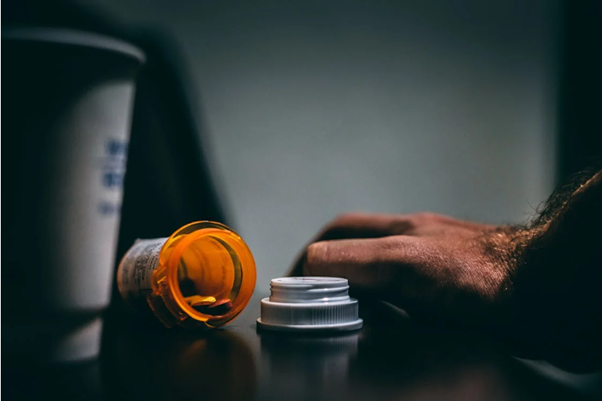Accepting your new sober life without relying on drugs and or alcohol is full of challenges. However, persisting becomes easier and easier with time. Navigating through these struggles in the beginning is difficult for everyone.
Support from our friends and family, along with dedication, can help you get through. In the meantime, educating yourself on what challenges you can expect will help you prepare for facing them. Here are some common challenges you face during long-term addiction recovery.
1. Isolation
The first thing you will notice when you stop doing drugs is that suddenly you have no friends. Drug addicts band together and consume drugs and alcohol in each other’s company. That’s why many people have to avoid old friends when they quit drugs at the start; otherwise, it would trigger a relapse.
The isolation in the beginning is intense. It can make you lose sight of the progress you are making. Many people resort to using drugs again to fill this void instead of coping differently.
To ensure you don’t feel too isolated at the start, surround yourself with friends and family, meet with peers who have quit drugs as well, and start new hobbies.
2. Withdrawal
Withdrawal is the physiological and psychological symptoms you face once you stop taking drugs. It can show up as body pains, headaches, and irritability. Some people prefer being institutionalized for long-term addiction rehabilitation so that they have enough support when facing withdrawal.
3. Relapses
Sometimes, we take one step forward and two steps backward. We can heal ourselves a lot but still, slip back into old habits in a moment of weakness. Many recovering addicts relapse once or twice. However, you shouldn’t let the failure let you down.
Recovering from drug addiction needs a positive mindset. You need to get back on that horse and quit again without returning to drug use. Staying in contact with others who have defeated drug addiction helps as you can discuss and learn from failures together.
4. Mental Health Issues
Drug addiction rarely shows up on its own. Most drug addicts take drugs to help with pre-existing mental health struggles. In fact, half the people who suffer from mental health issues end up using drugs to cope.
Rehab centers are aware of this, and many have started using blended therapies to treat both addiction and mental health issues in tandem.
5. Social Stigma
What do you think about when you hear the word drug addict? Many people are more compassionate now and empathize with drug addicts. We realize now that this is a disease with a very tight grip.
However, many people have remained insensitive and judgemental toward drug addicts and even former drug addicts. The pressure of facing the social stigma of drug abuse is real.
Just remember that you are not responsible for what people think. If someone has a narrow-minded or stereotypical view of you after learning about your drug history, you cannot change it in a day.
It’s smart to avoid mentioning your drug use history at workplaces or educational institutes. Understand that this information can be used against you so only share it with people you trust.




